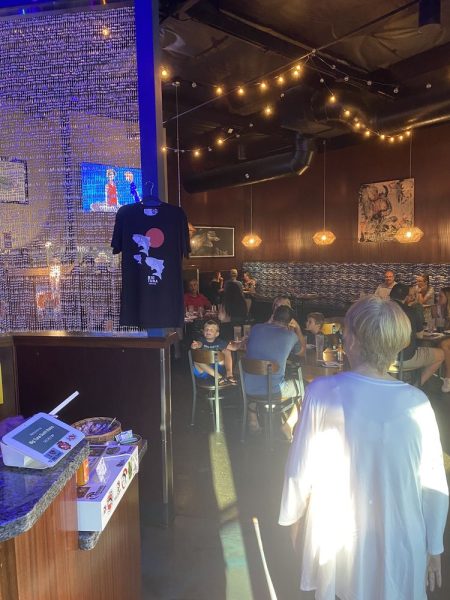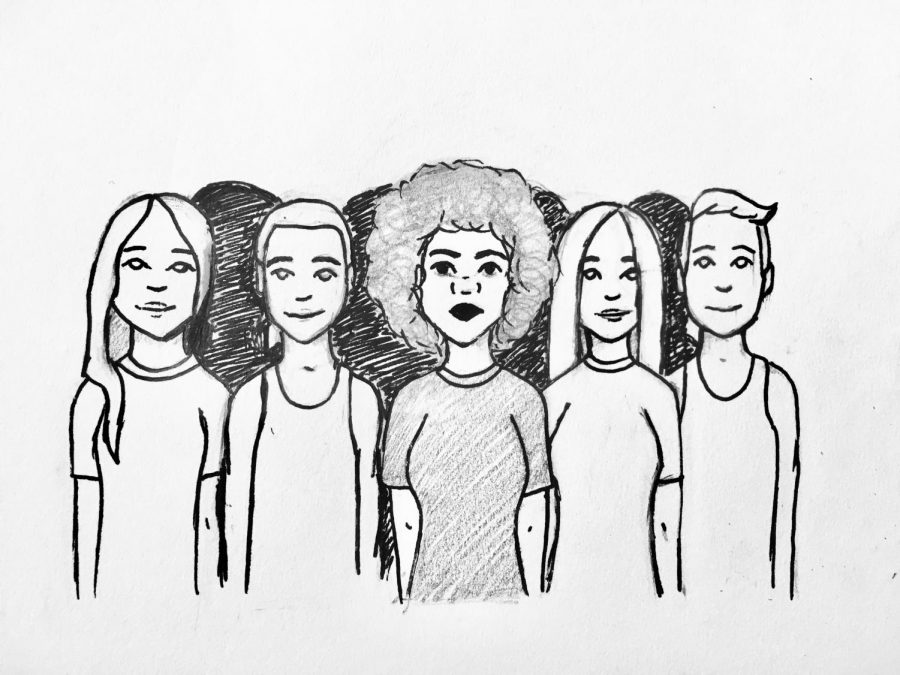Am I a Feminist? Feminism, It’s More Complex Than You Think
For many years I struggled with calling myself a feminist.
I lacked all confidence in myself. Feminists were these mythical creatures filled with all the conviction and power their gender offered them.
I hated my body, a blaring sign of how unfeminine I was. My confidence, nearly non-existent. Then one day I picked up the book, “Bad Feminist” by Roxane Gay.
“I am failing as a woman,” Gay stated. “I am failing as a feminist. To freely accept the feminist label would not be fair to good feminists. If I am, indeed, a feminist, I am a rather bad one. I am a mess of contradictions. There are many ways in which I am doing feminism wrong, at least according to the way my perceptions of feminism have been warped by being a woman.”
Suddenly feminism didn’t seem like this unattainable concept. I was flawed, but so was feminism and that felt freeing. This feminist manifesto of flaws I took for myself.
Feminism has several failings which have caused fractures in the movement’s foundations; bias, exclusion, extremism and mythology. What is important is that feminists are able to admit their failures. Allowing for growth within the movement.
Yet flaws are not the only problem facing feminism. The mythology that has traveled with feminism through time still affects the movement today. Let’s strengthen feminism by deconstructing some myths surrounding feminism.
Myth 1
“The feminist agenda is not about equal rights for women,” said televangilist Pat Robertson in 1990. “It is about a socialist, anti-family political movement that encourages women to leave their husbands, kill their children, practice witchcraft, destroy capitalism, and become lesbians.”
It is often assumed to be feminist is to hate men. I really like men sexually and non sexually. What I don’t like is sexism and a society that belittles me for my sex.
“Their misunderstanding of feminist politics reflects the reality that most folks learn about feminism from patriarchal mass media,” feminist Bell Hooks said.
We’re beginning to see a shift away from this narrative, but we haven’t left it behind just yet.
Myth 2
The angry feminist trope. Yes, some feminists are frustrated with the sexism and express it in less than friendly ways. That shouldn’t take away from feminists rights to be angry or upset at more often than not being labeled as second-class citizens.
“We have a right to be angry, we have a right to be sad, and shocked,” feminist author Jessica Valenti said to a Planned Parenthood in Houston (2013). “We have a right to be exhausted. …That anger, that sadness, it can help us do what we have to do. …We don’t do this work because of anger—we do it because of love. We do it because of compassion.”
I don’t wish to cause anyone harm or to use hateful words. Do I get angry that I lack full bodily autonomy, that too many women face violence everyday or that my career efforts are undervalued regardless of my successes. Absolutely, and why shouldn’t I be allowed to feel anger and rage?
Myth 3
Feminism is beneficial to men. I know, this one sounds crazy. Women often feel confined by society’s gender roles and stereotypes. Guess what, so do men.
Men are pressured to conform to unhealthy and even toxic forms of masculinity by suppressing emotions leading to a lack of personal growth.
“They also are aided by laws which mandated more family leave, expanded sexual assault protections to include all genders, raised awareness of HIV and AIDS, and pushed to break free of the kind of binary thinking that unfairly stigmatized careers like nursing and teaching,” Mic journalist Zerlina Maxwell said.
There are male feminists because feminism isn’t only for women, it’s for everyone.
Myth 4
Feminists are only concerned with abortion rights. Many feminists have opinions concerning the rights over abortion but it isn’t their main or only focus. A key factor in identifying as feminist is believing in full bodily autonomy, reproductive justice.
“The right to have children, the right to not have children, the right to parent the children you do have in a safe and nurturing environment, and the right to determine under what circumstances you start a family are crucial components to full social, economic and political equality,” Maxwell said. “If you don’t have control over your reproduction, you don’t have control over your life.”
I’m advocating for everyone to be a femininst and support sex and gender equality for all humans. In a perfect world that would be an easy ideal to ask, but life is messy and complicated.
I can’t demand others to follow me on this journey to a feminist world. It took me a long time to even admit to being a femininst, let alone lead a crusade of gender equality justice. Yet I ask you to take a moment, do some extra research and ask yourself if you’re OK with calling yourself a bad feminist? If so, you just might be a feminist.
















